

National Geographic
@natgeo
30740posts
170following
About: Inspiring the explorer in everyone 🌎
277.4M
FollowersInstagram Influencer Analysis For National Geographic
Data updated on:2025-08-10This analysis shows National Geographic's avarage post vew rate, interaction rate, estimated cooperations fees and other key metrics to help you have a comprehensive understanding of the influencer.
78.92K
0.03%
827.5
$ 8.74K
Followers
277.4M
78.92K
0.03%
827.5
$ 8.74K
Instagram Influence Score Analysis For National Geographic
The global social influence score analysis is based on data from more than a dozen dimensions such as number of fans, fan growth, number of posts, interaction volume per thousand fans, and interaction volume. Calculated through AI algorithms, it is used to quantify the operation of social accounts. Impact scores range from 0 to 1000. The higher the score, the greater the social impact.
Last 7 Days
Last 30 Days
Data Summary |
Max |
Min |
DayAverage |
| Influence Score |
Instagram Posts Analysis For National Geographic

Lymphatic drainage massage, a practice in many parts of the world and throughout history, is seeing renewed popularity as a wellness trend with promises ranging from detoxification to improved immunity. Championed by "lymphluencers" online, it promotes tools and techniques like jade rollers and dry brushing to sculpt the body, reduce cellulite, or aid weight loss. But experts say its real benefits are often misunderstood.
Find out what you need to know about its actual impacts on the body—and its limitations—at the link in bio.
Photograph by Michelle Aleksa / Shutterstock
August 10,2025
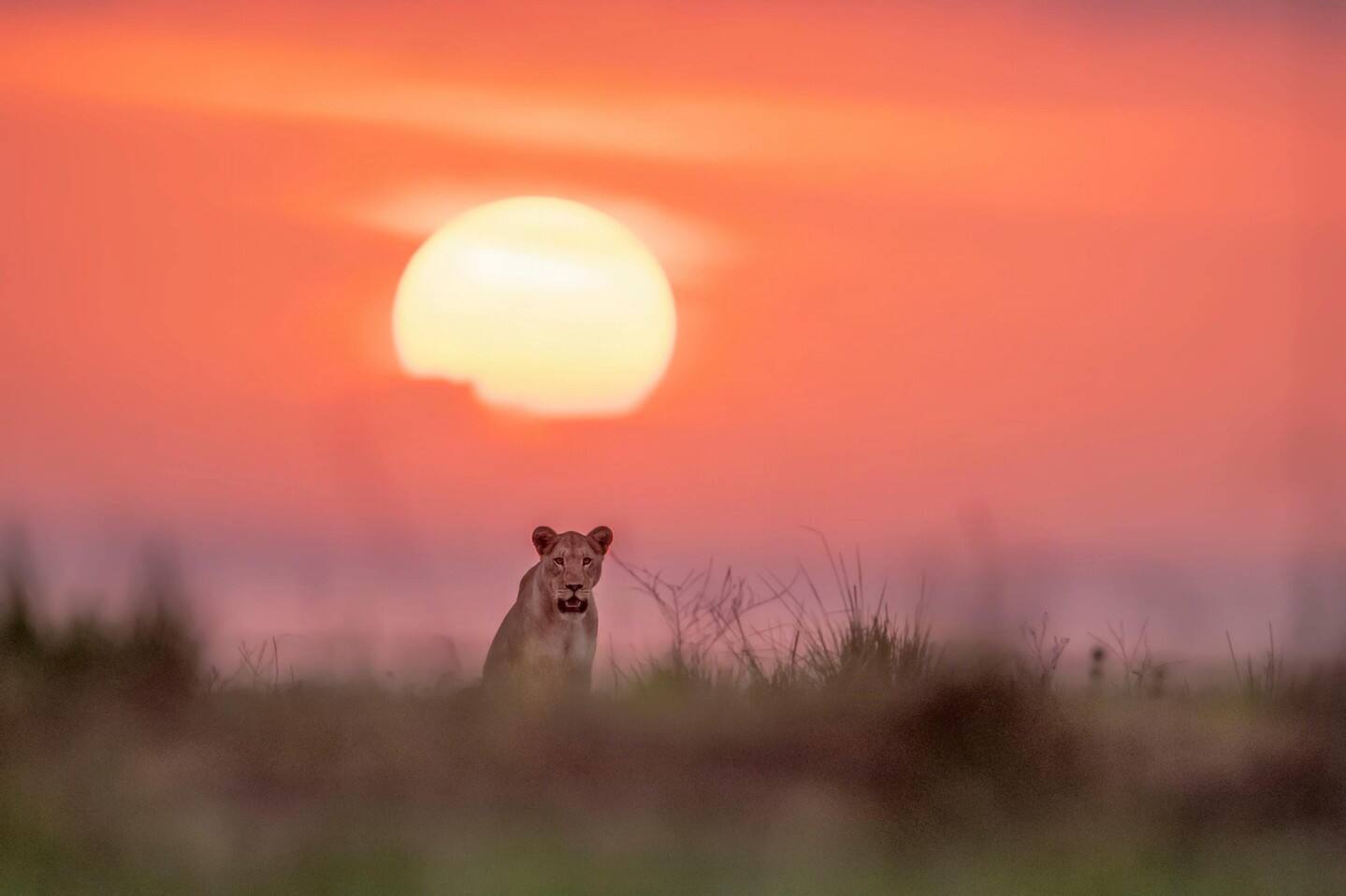
Photos by Amivitale | Happy World Lion Day! As apex predators, lions keep prey populations in check and help maintain a balanced, biodiverse landscape. But their roar is growing quieter: In just a century, Africa’s lion population has plummeted by more than 90%.
Across much of the continent, lions are quite literally running out of room. As wild grasslands shrink, seasons shift, and human settlements expand, predators must roam farther for food, often coming into conflict with people. Communities respond with stronger fences, more secure livestock pens, and, sometimes, lethal force.
But in Laikipia, Kenya, at the edge of Loisaba Conservancy— a conservation center committed to protecting wildlife corridors, restoring habitats, and empowering neighboring communities—a different story is unfolding. The communities and conservationists are co-creating solutions. Fortified enclosures known as bomas protect livestock at night. Early-warning systems using GPS collars track lion movements and trigger alarms when the animals approach, giving people time to intervene peacefully. Night patrols, education, and open dialogue are also key. It’s not simple, but little by little, a new relationship is taking shape, not built on fear or blame but on adaptation and creativity.
August 10,2025
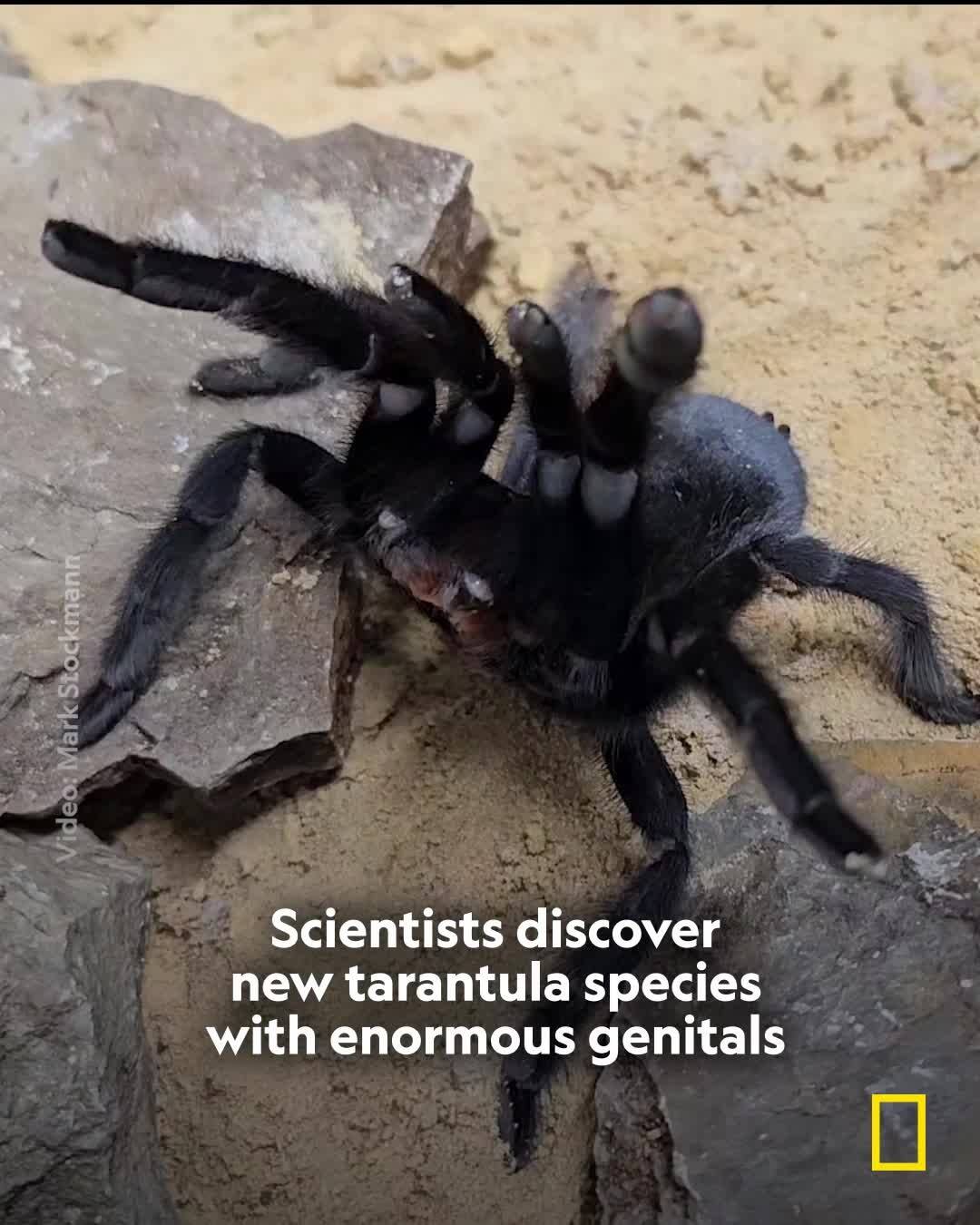
When scientists discover a new species, they usually name it after the creature’s most notable characteristic. So why did a group of scientists recently name a newly discovered genus of tarantulas after satyrs, the famously well-endowed half-goat men from Greek mythology? Like a satyr, Satyrex ferox have massive members that dwarf those of all other tarantulas, according to a new study. Located near the spider's mouth, tarantula palps are leg-like appendages that are used for everything from mating to feeding. Females in this genus are extremely aggressive, so scientists speculate that their males evolved ginormous genitals to keep a safer distance during mating.
Learn more about this new discovery and its massive implications at the link in bio.
Video by Mark Stockmann
August 10,2025
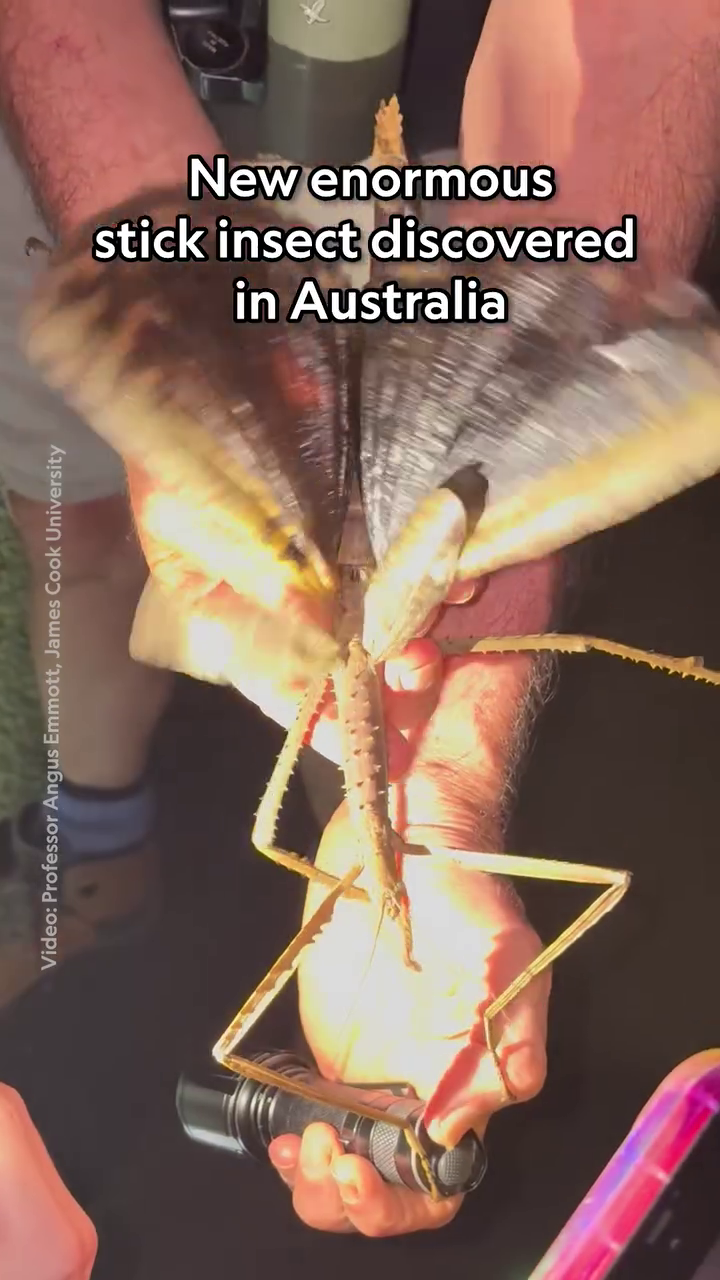
A chance encounter led to the discovery of a massive new insect—and yes it's in Australia.
Resembling more of a branch than a twig—and weighing about the same as a golf ball—this stick insect is the largest collected example of the species that's now called Acrophylla alta. Its surprising weight and size have researchers referring to it as the heaviest known insect in the country.
Uncover more about these monster insects at the link in bio.
Video by Professor Angus Emmott, James Cook University
August 09,2025
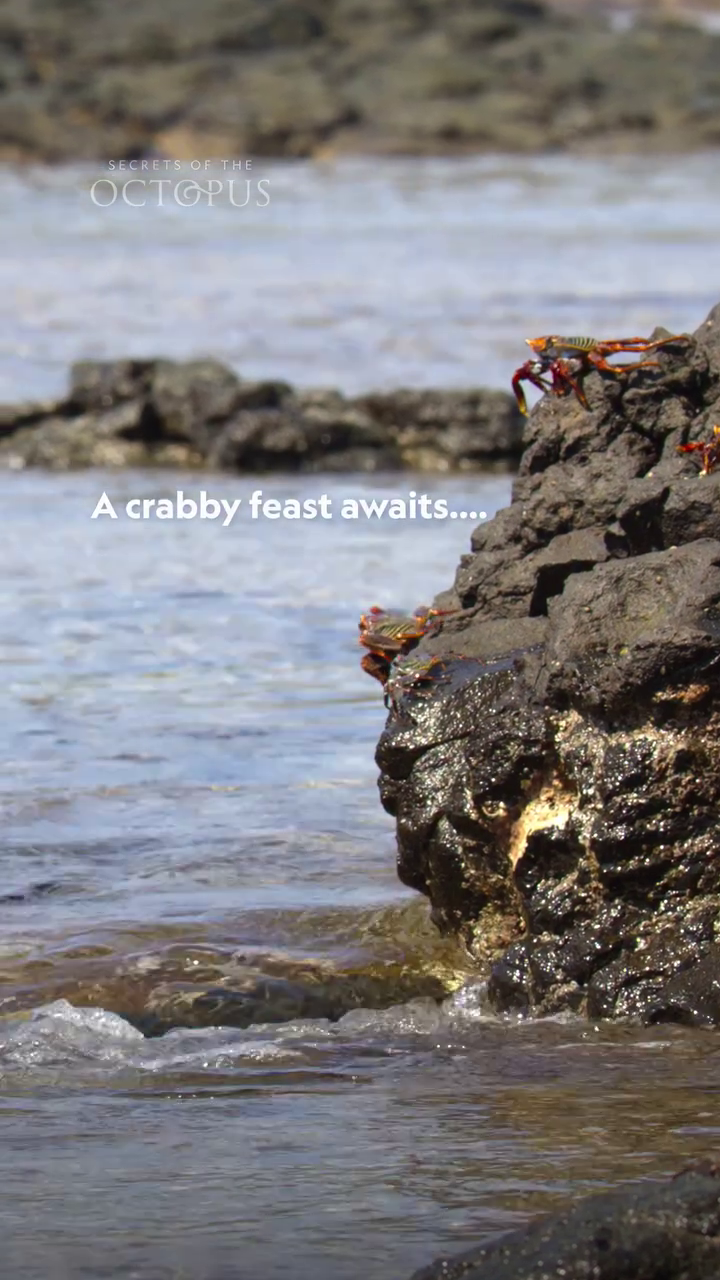
To catch its dinner, this island octopus must face the dangers of life above water by hopping from tide pool to tide pool to find the perfect hunting position. 🐙
#SecretsOfTheOctopus is now streaming on DisneyPlus and hulu.
August 09,2025
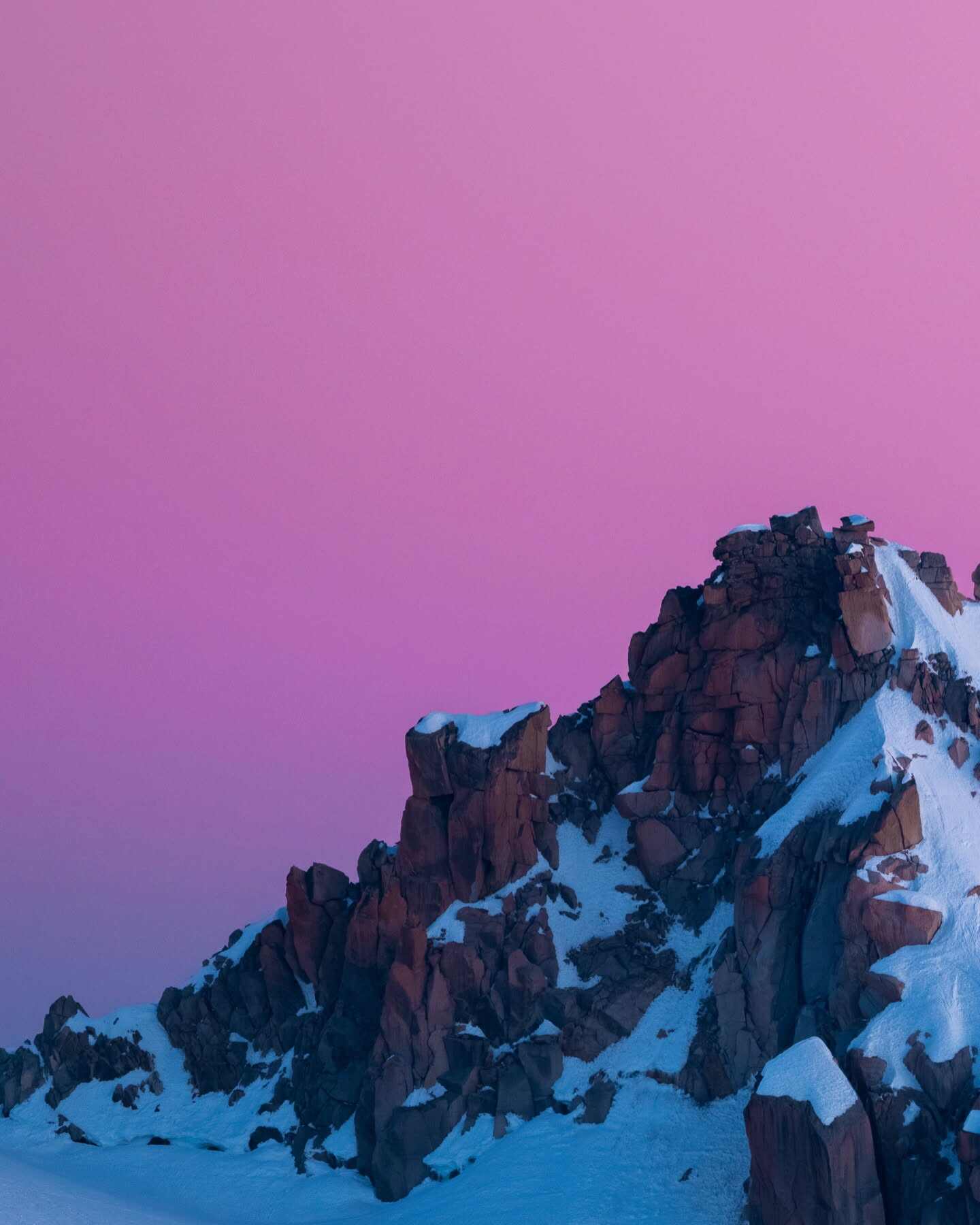
Photo by Reuben Wu reuben | The Aiguille du Midi–Aiguille du Plan traverse seen under the soft predawn glow of the Belt of Venus, photographed from Punta Helbronner at 3,462 meters (11,358 ft), the highest accessible point on the Italian side of the Mont Blanc massif. This section of the mountain range straddles the French border and is part of a classic mixed climbing route at over 3,600 meters (11,811 ft). The image is a stitched panorama made using a telephoto lens compressing the dramatic relief of the high Alpine ridge.
For more photos and behind-the-scenes stories, follow me reuben.
August 09,2025
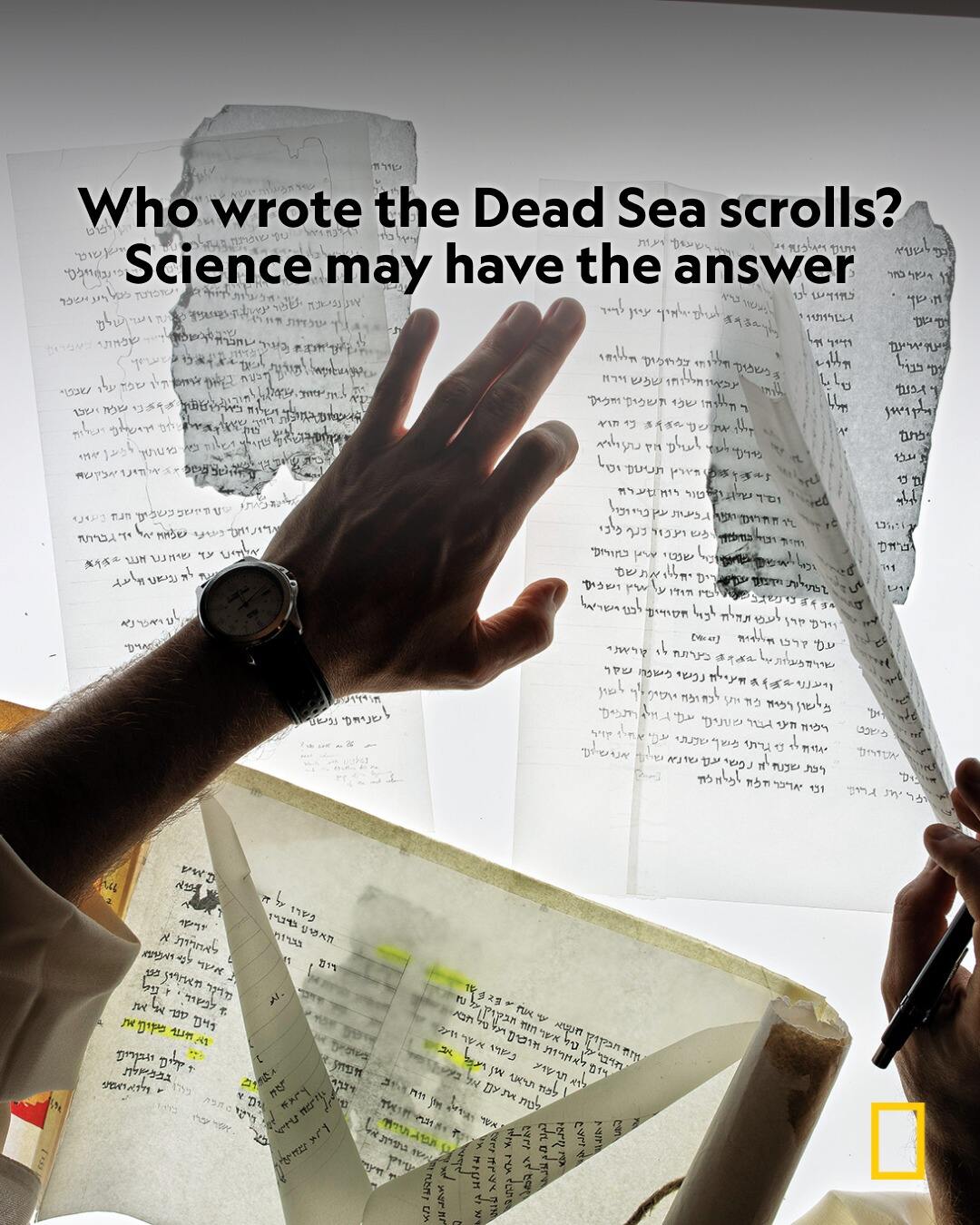
Three Bedouin cousins set out to find a missing goat—but what they discovered instead would change how we understand religion and ancient life near the Dead Sea.
Hidden for centuries in the Judean Desert, fragments from around 900 manuscripts found in different caves provide valuable insight into the histories of Judaism and Christianity. The question of who wrote them has fascinated scholars for decades, but modern archaeology could hold the answer to this enduring mystery.
Discover more about the Dead Sea scrolls at the link in bio.
Photograph by paoloverzone
August 08,2025
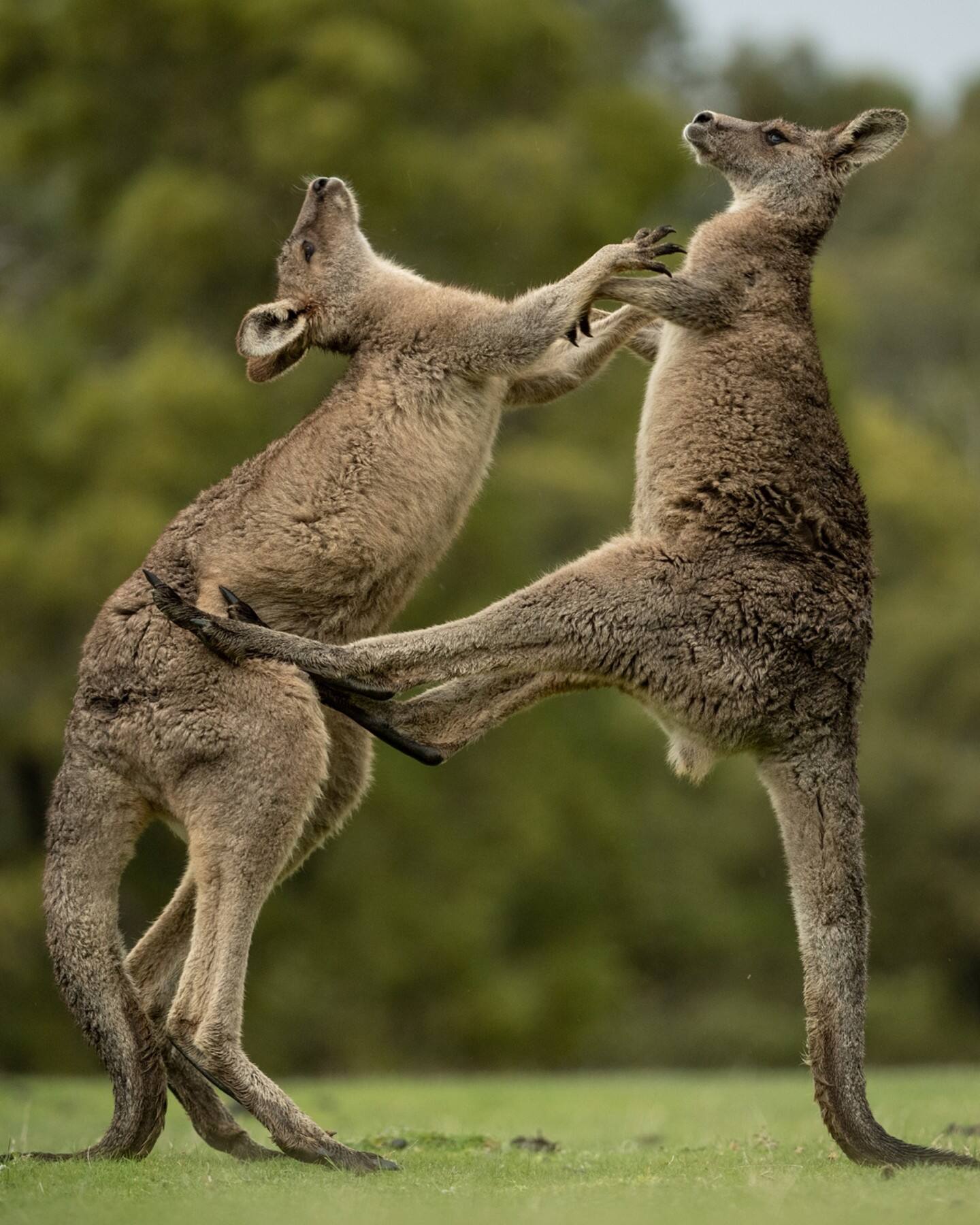
With an estimated 50 million kangaroos in 2019 hopping across Australia’s landscape, these iconic marsupials are more than just a national symbol—they’re at the heart of ongoing debates about ecology, land management, and animal welfare. Driven by droughts, groups of roos (called mobs) are increasingly coming into contact with humans, sometimes destroying crops and causing car accidents. While some believe commercial culling may be the solution, wildlife experts and caregivers work hands-on with kangaroos to study, protect, and care for them, helping us understand how humans and kangaroos live side by side and the challenges they face.
Learn more about the controversy over these hopping icons at the link in bio.
Photographs by stefanounterthiner
August 08,2025
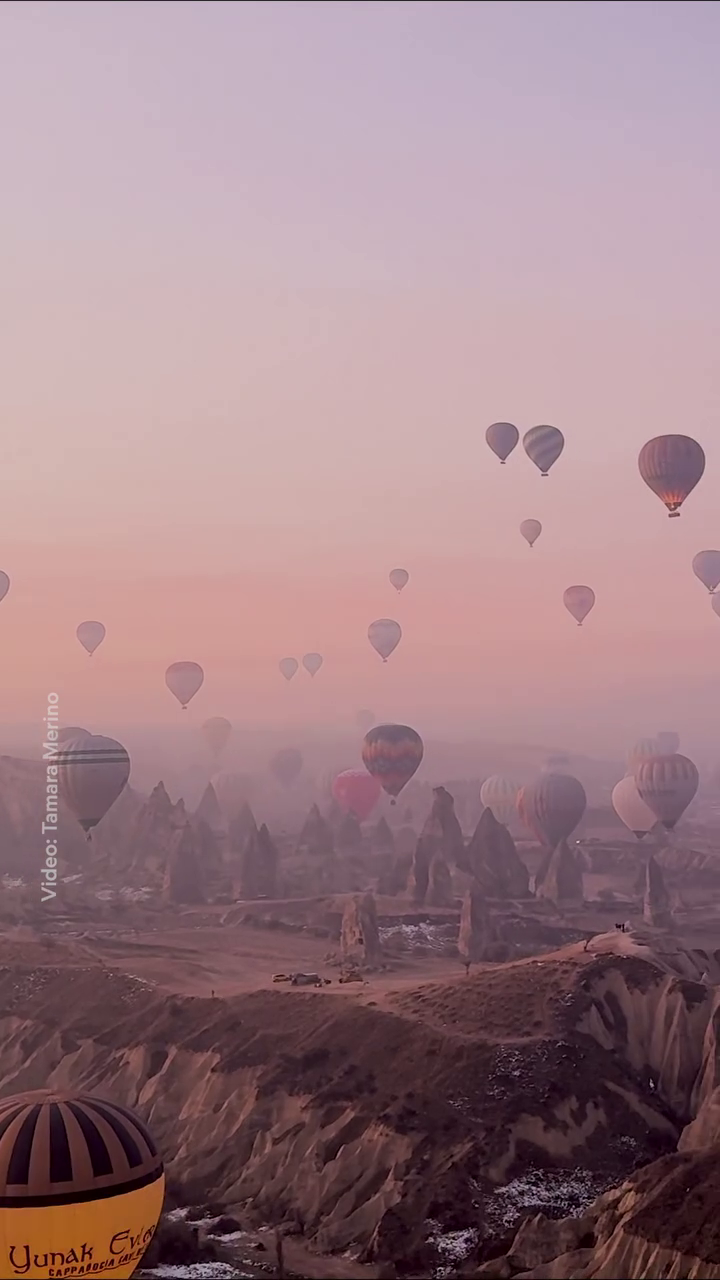
This aerial footage of Turkey's Cappadocia region showcases how tourists can witness the raw geology of the region by hot air balloon. Amidst the volcanic landscape, humans have excavated subterranean havens where thousands live beneath the surface to escape the blistering heat. Nat Geo Explorer Tamara Merino captured this footage while documenting cave societies around the world.
Discover more about these cave societies at the link in bio.
Video by: tamaramerino_photography
August 08,2025
No more data available~

Instagram Net Fan Growth Analysis For National Geographic
The number of net fans growth of this influencer.
Last 7 Days
Last 30 Days
Data Summary |
Total |
Max |
Min |
DayAverage |
| Net Fan Growth |
 Instagram
Instagram

